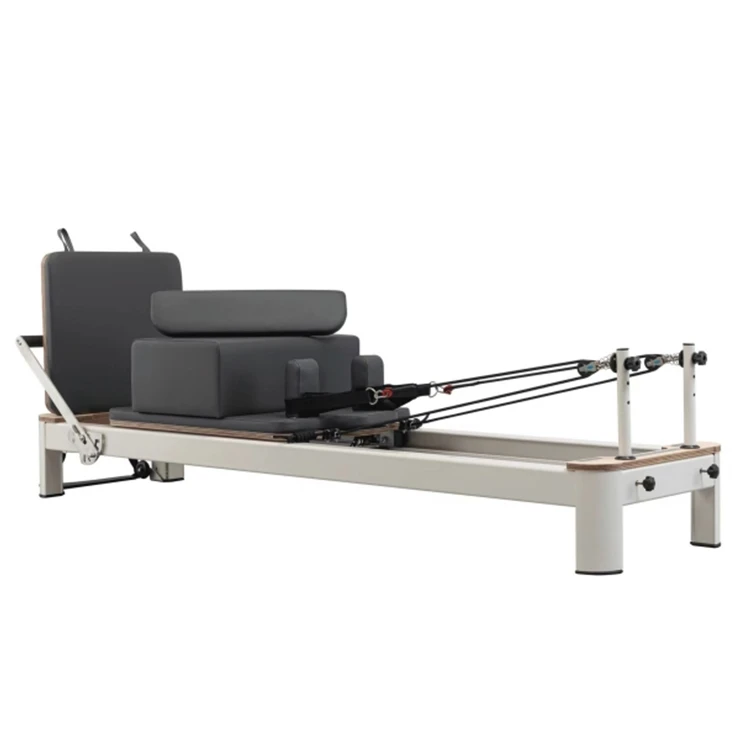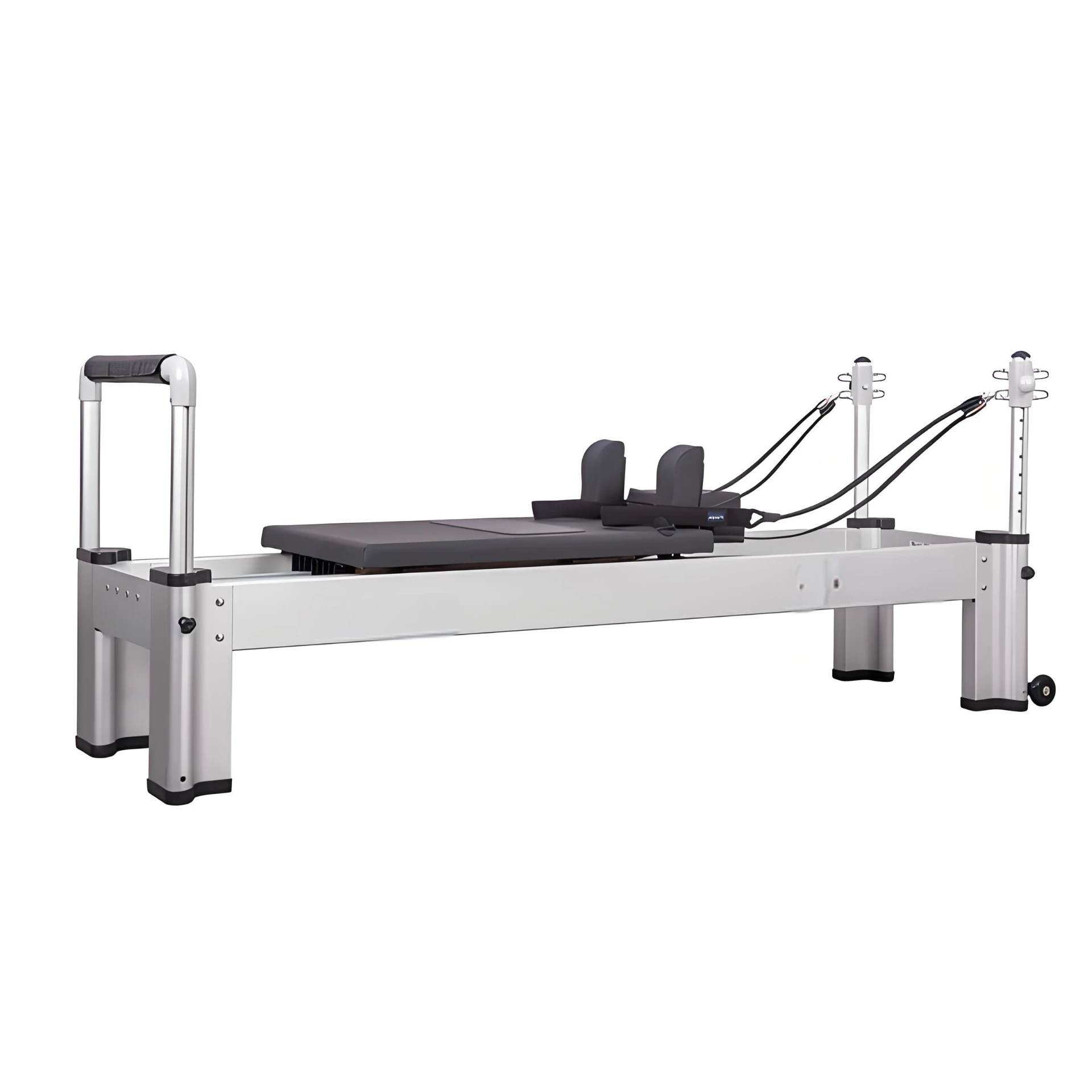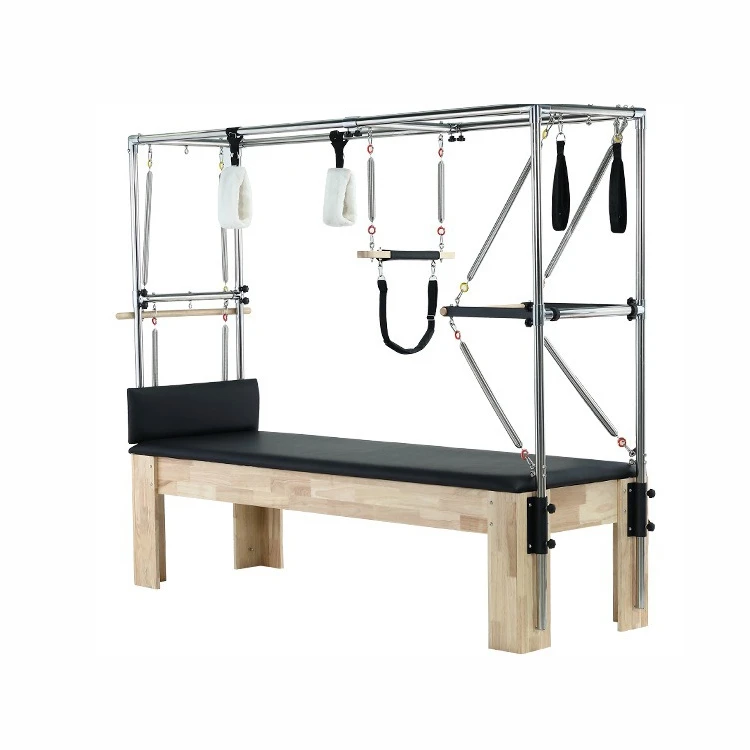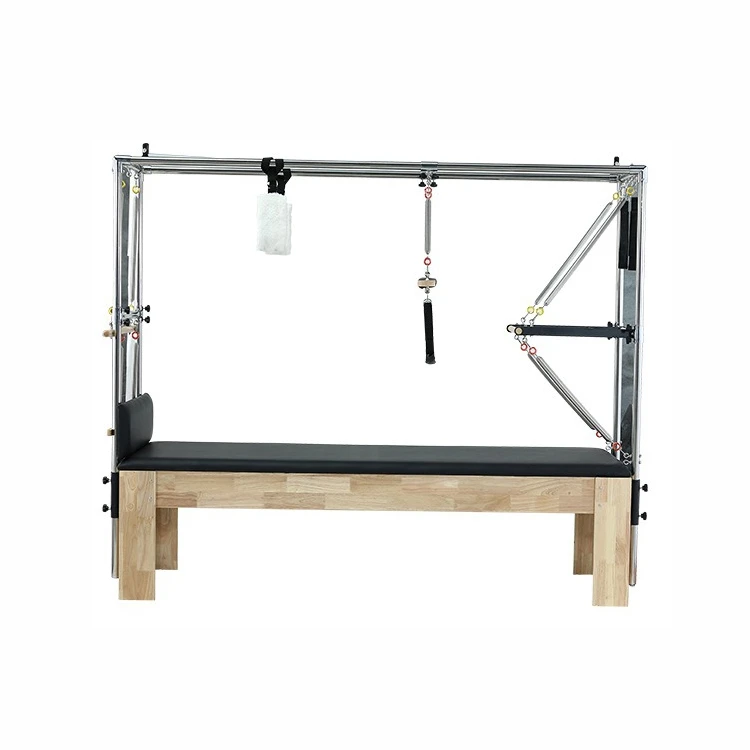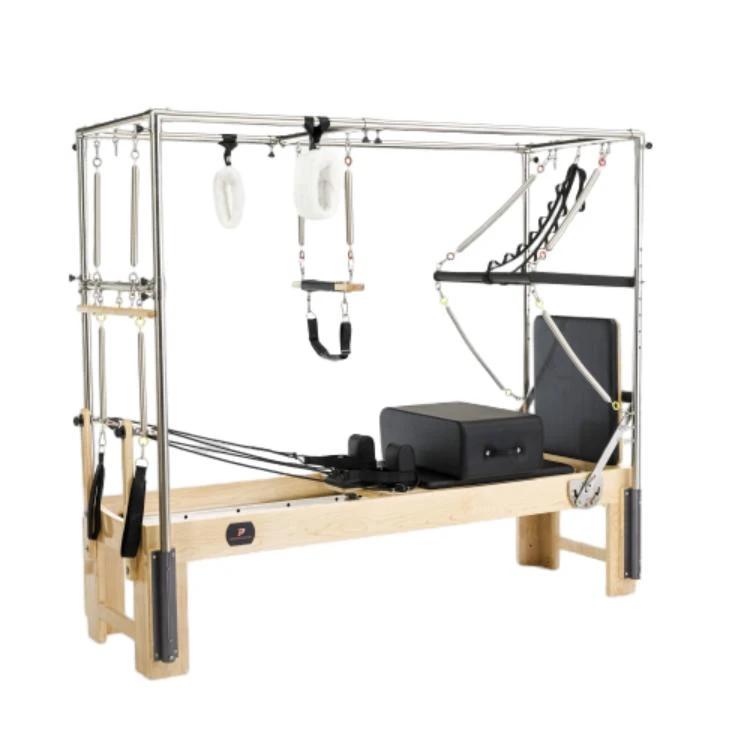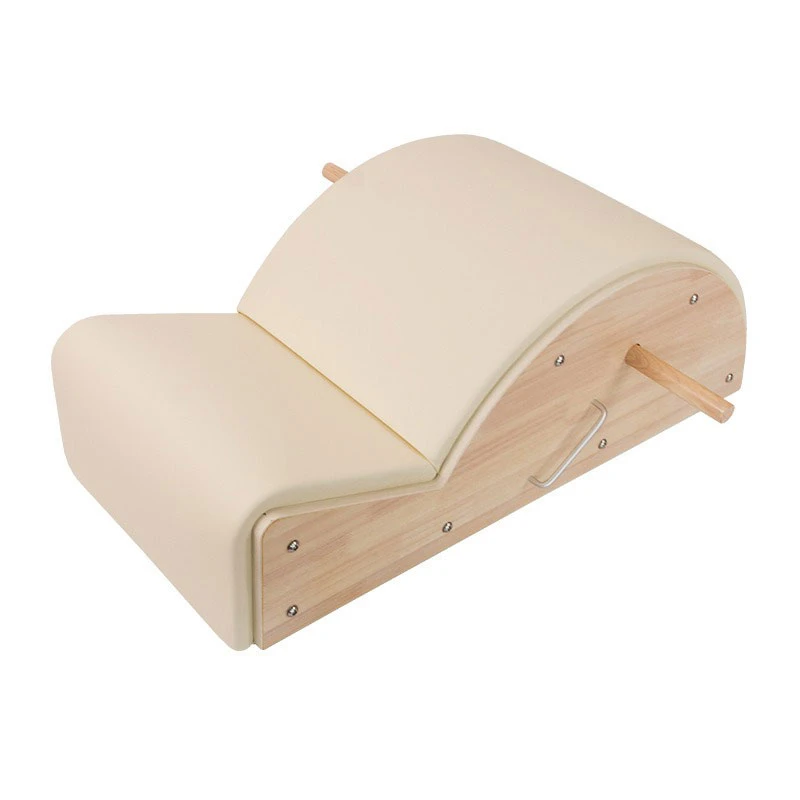off duty pilates
Off-Duty Pilates Finding Balance Beyond the Mat
In today’s fast-paced world, we often find ourselves caught up in the hustle and bustle of everyday life. Whether it’s work commitments, social obligations, or family responsibilities, the demands on our time can often leave us feeling overwhelmed and drained. In the pursuit of balance, many individuals have turned to Pilates, a form of low-impact exercise that promotes strength, flexibility, and mindfulness. However, what happens when we step away from the mat? How can we integrate the principles of Pilates into our off-duty lives?
Pilates was developed in the early 20th century by Joseph Pilates, who believed in the connection between the mind and body. His method focuses on core strength, alignment, and breath, making it an effective way to improve overall physical well-being. But the benefits of Pilates extend beyond the hour we spend in a studio or at home. The philosophies at the heart of Pilates can serve as a guide for how we navigate the various aspects of our lives when we’re not officially “on duty.”
Off-Duty Pilates Finding Balance Beyond the Mat
Moreover, the principle of control is essential in both Pilates and our off-duty pursuits. Whether we’re cooking dinner, managing a project, or engaging in a hobby, maintaining control over our actions and responses can lead to a more satisfying and productive experience. This means being intentional in our choices—choosing wholesome foods that nourish our bodies, setting aside time for creativity, or even managing our reactions to stressful situations with grace.
off duty pilates
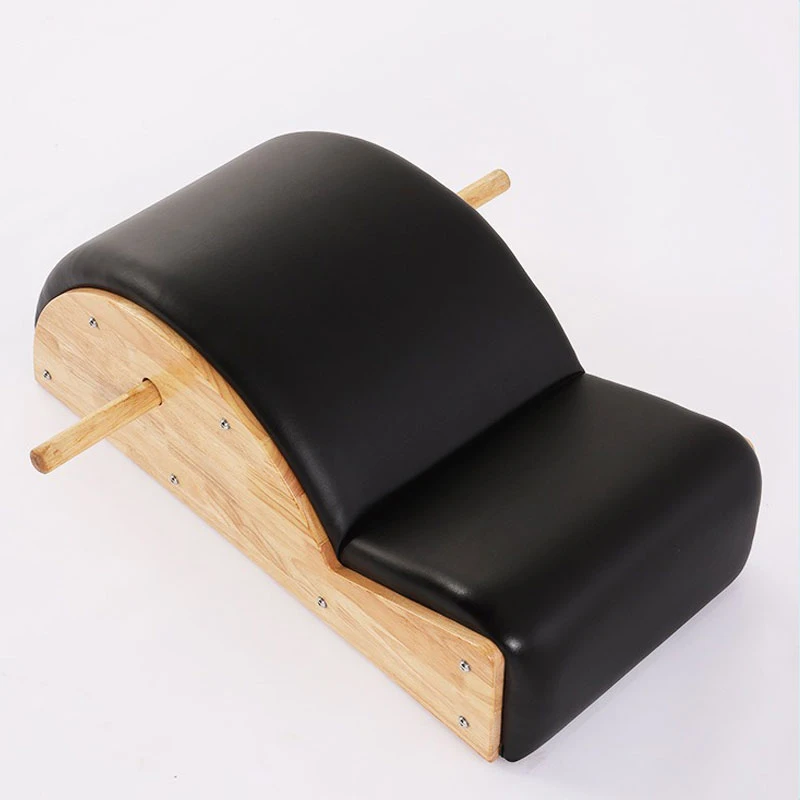
Another vital aspect of Pilates is the emphasis on alignment and posture. In an era where we often find ourselves hunched over screens or slouched in seats, it is essential to maintain a healthy posture not just during workouts but throughout our daily lives. Practicing good posture can enhance our confidence and decrease body strain. For instance, being mindful about how we sit and stand can improve our physical presence and reduce the risk of discomfort or long-term issues.
Additionally, Pilates teaches us the importance of rest and recovery. Just as our bodies need time to recuperate after an intense workout, our minds and spirits require downtime as well. Scheduling regular breaks during our day, engaging in light stretches, or simply enjoying a quiet moment away from technology can significantly enhance our productivity and well-being. These pauses serve as a reminder that we don’t always have to be “on,” and it’s perfectly fine to step back and recharge.
Finally, the social aspect of Pilates should not be overlooked. While we often focus on the solo practice of our routines, the sense of community found in group classes can also translate into our off-duty lives. Cultivating relationships, whether with family, friends, or colleagues, can provide much-needed support and encouragement. Engaging in activities with others fosters a sense of belonging that can be incredibly beneficial to our mental health.
In conclusion, the lessons learned on the Pilates mat can be seamlessly woven into the fabric of our daily lives. By embracing mindfulness, control, alignment, rest, and community, we can lead a more balanced, fulfilling life—even when we’re off duty. So, the next time you roll up your mat, take a moment to reflect on how you can carry the spirit of Pilates with you, enriching your life in ways beyond the workout. After all, the journey to wellness is not confined to the studio; it is a holistic experience that permeates every aspect of our existence.
Latest news
-
Types of Pilates Machines Used in Group Classes Versatility GuideNewsJul.07,2025
-
Pilates Spine Corrector Benefits for Posture and Core StrengthNewsJul.07,2025
-
Pilates Chair for Sale Adjustable Spring Systems for All Fitness LevelsNewsJul.07,2025
-
Ladder Barrel for Sale Commercial-Grade Wooden ConstructionNewsJul.07,2025
-
Eco-Friendly Pilates Studio Equipment Sustainable Materials GuideNewsJul.07,2025
-
Adjustable Pilates Chair Settings for All Fitness LevelsNewsJul.07,2025
- Address
- Room 1601, 1302, Building A, Zijingguandi, Qiaodong District, Xingtai City, Hebei Province, China
- Sandra@raetin.com
- Phone
- +86 18231139331

